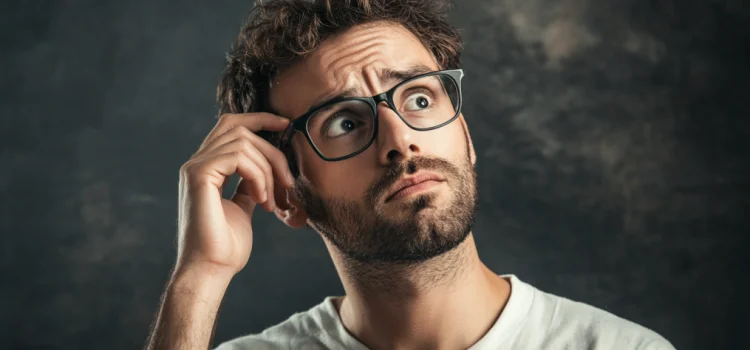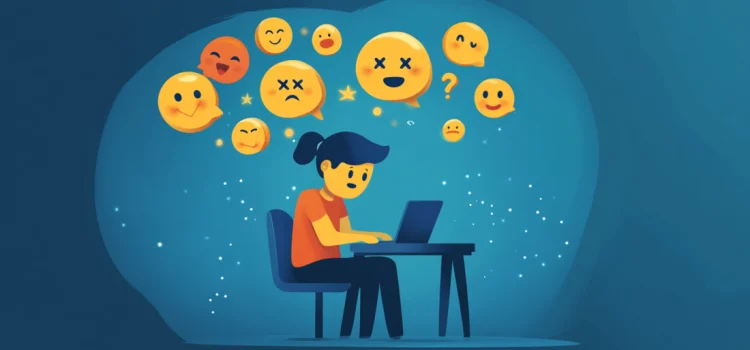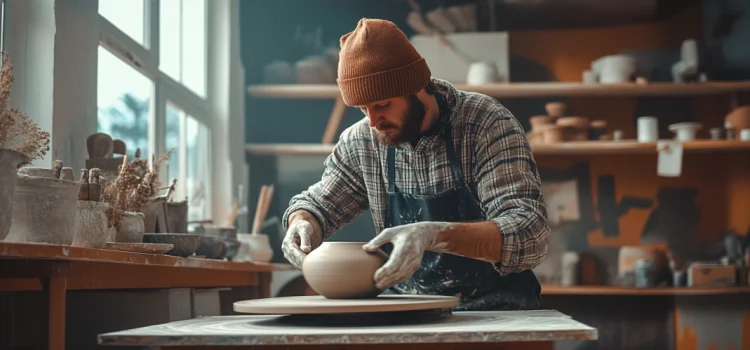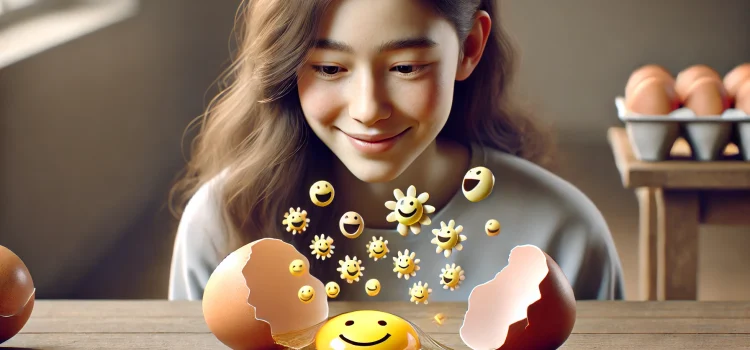Are you an unconventional thinker? Why does unconventional thinking often go unrecognized? The book Wired to Create by Scott Barry Kaufman and Carolyn Gregoire explains that unconventional thinking is a characteristic of creativity. However, thinking this way can pose challenges because people are averse to nonconformity. Here’s a look at the challenges and importance of unconventional thinking.
How Unconventional Thinking Leads to Disruptive Changes










